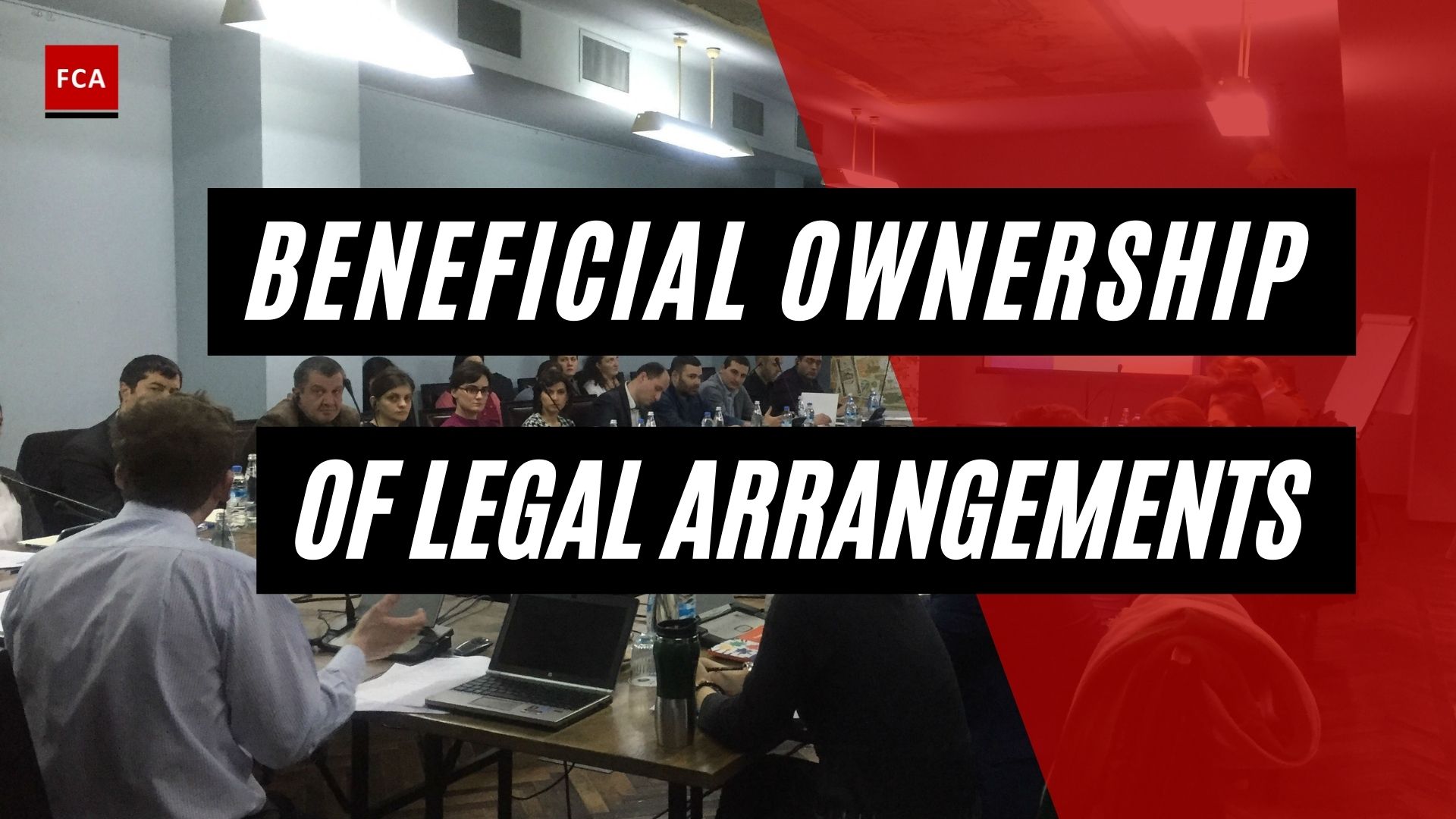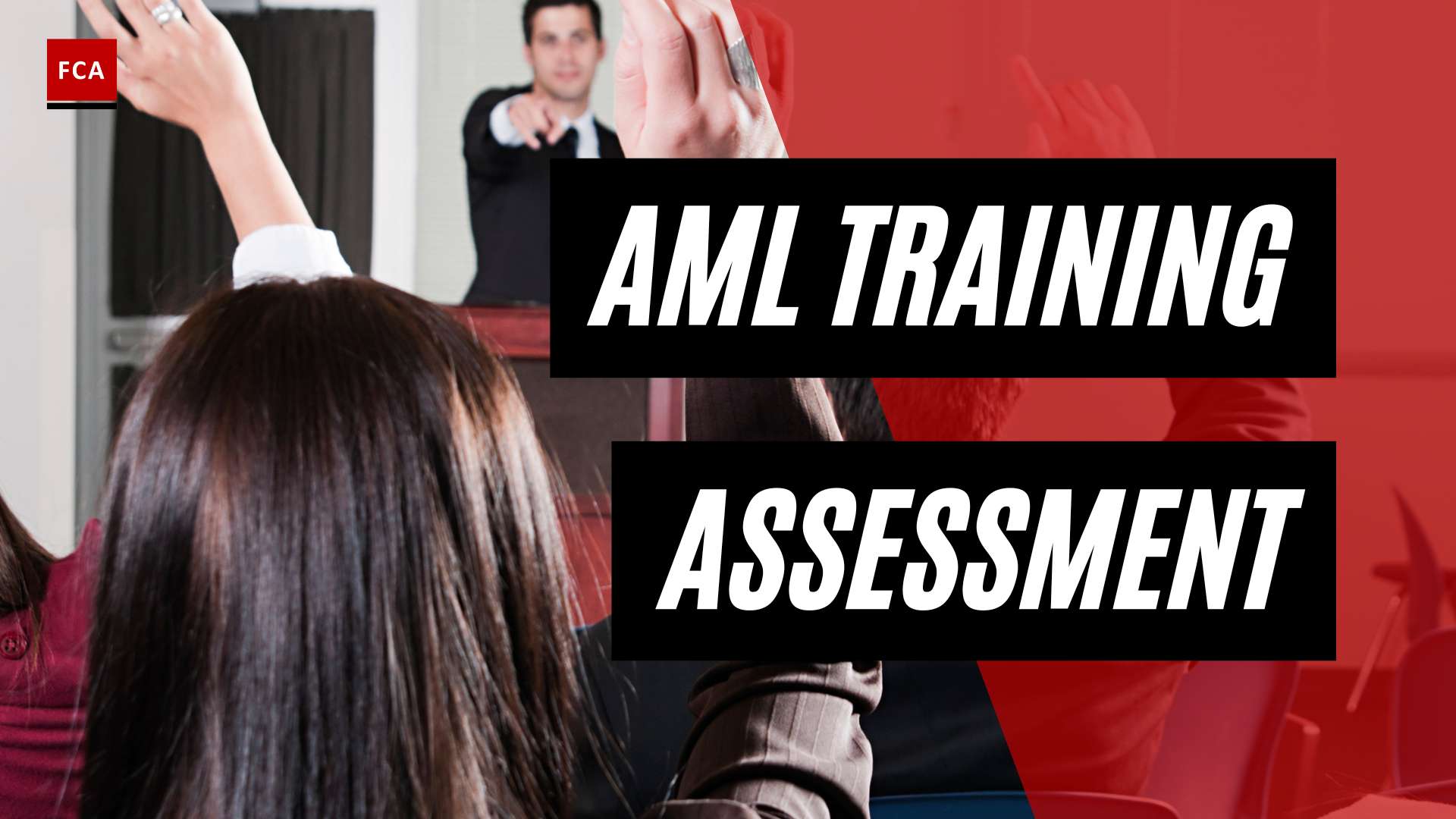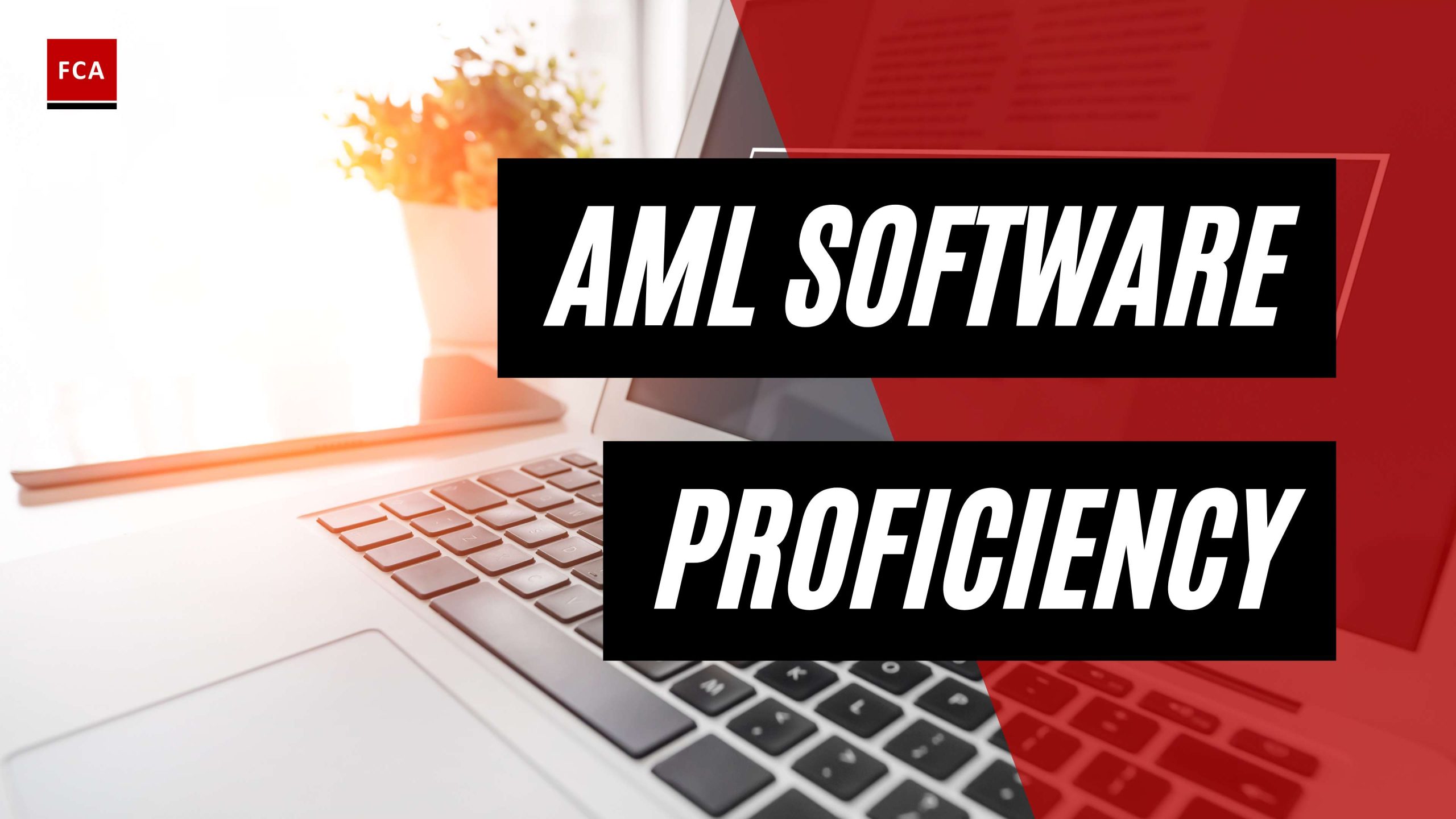The AML/CTF employee training for employees and the related broader regulatory requirements that are mandatory for the implementation of an AML/CFT framework and regulatory requirements are important.
Compliance Officer of an organization is required to arrange periodic AML/CFT and KYC training sessions for the relevant employees. The operation of the AML/CFT and KYC processes and procedures in companies mainly depends on the degree of awareness, experience and knowledge among employees. Adequate awareness, knowledge and experience on the part of Company’s employees concerning control of the risks of money laundering and terrorist financing are therefore important preconditions for an effective control framework.
Compliance Officer provide training courses to all the relevant employees to enable them to perform full and proper customer due diligence, recognize unusual transactions and ensure effective compliance with sanctions regulations.

The AML/CTF Employee Training
Staff training is an important tool to communicate and safeguard knowledge of the AML/CFT and KYC requirements. The training courses must cover, for example, money laundering and terrorist financing techniques, methods and trends, the international context and standards and new developments in the field.
The AML and KYC training should at a minimum, cover the following broader areas:
- Identification and reporting of transactions that must be reported to regulator or government authorities.
- Different forms of money laundering and terrorist financing involving company’s products and services.
- Information on AML/CFT and KYC regulatory compliance requirements and internal policies to prevent money laundering / terrorist financing and escalate suspicious activity and red flags, etc.
An appropriate record of the trainings provided to employees on an ongoing basis, shall be maintained to highlight the training provision, the training sessions attended by employees, the frequency of training and participants attended the training sessions.
The organization may consider, for example, certified training courses, in-house training, e-learning modules and awareness sessions. Management and Compliance Officer shall ensure that AML/CFT laws or changes to existing AML/CFT policies or practices are communicated to relevant employees.

Final Thoughts
You should provide regular AML/CTF risk awareness training to your employees. You should also consider providing AML/CTF risk awareness training to board members, senior managers, directors, and consultants who provide designated services to your customers. The content and frequency of training will be determined by the people’s roles in the organization as well as the ML/TF risk that your business or organization may face.








